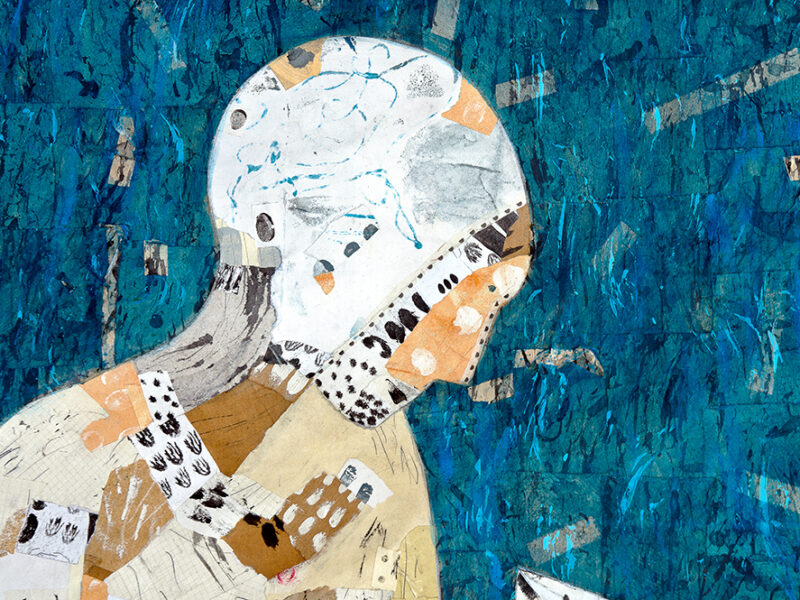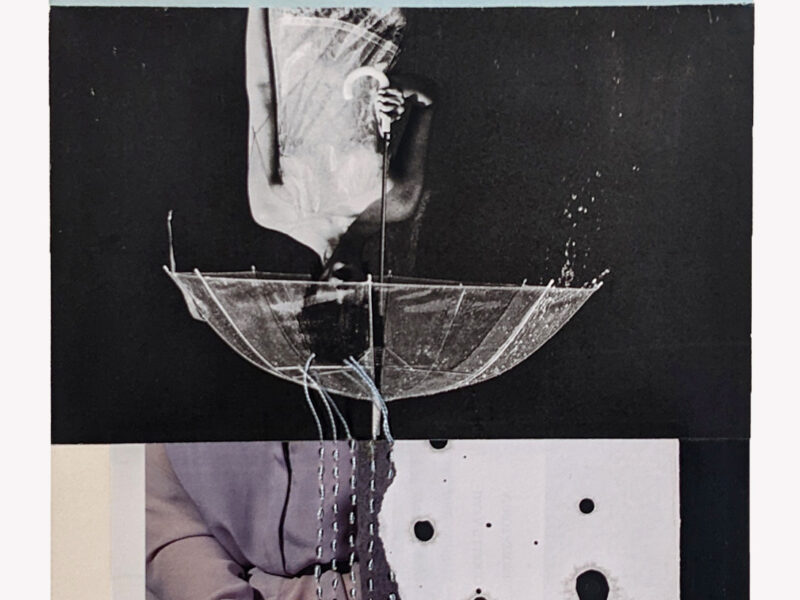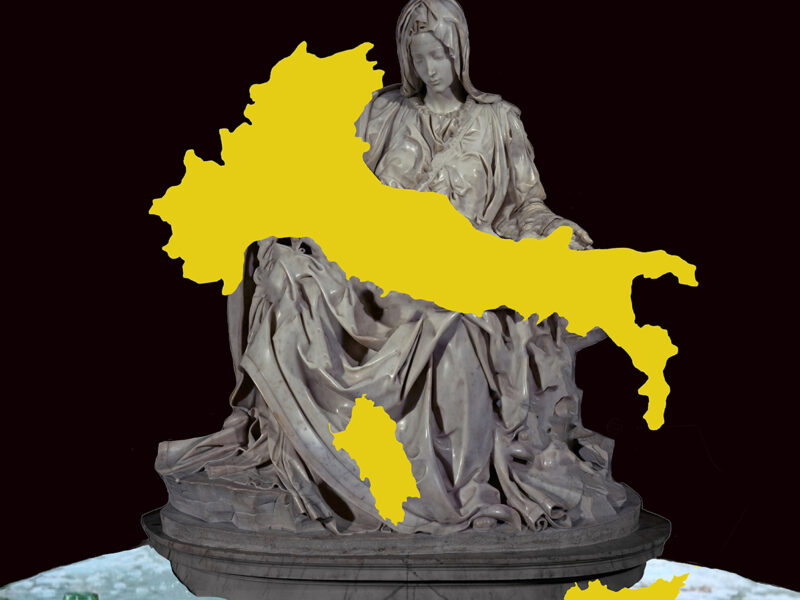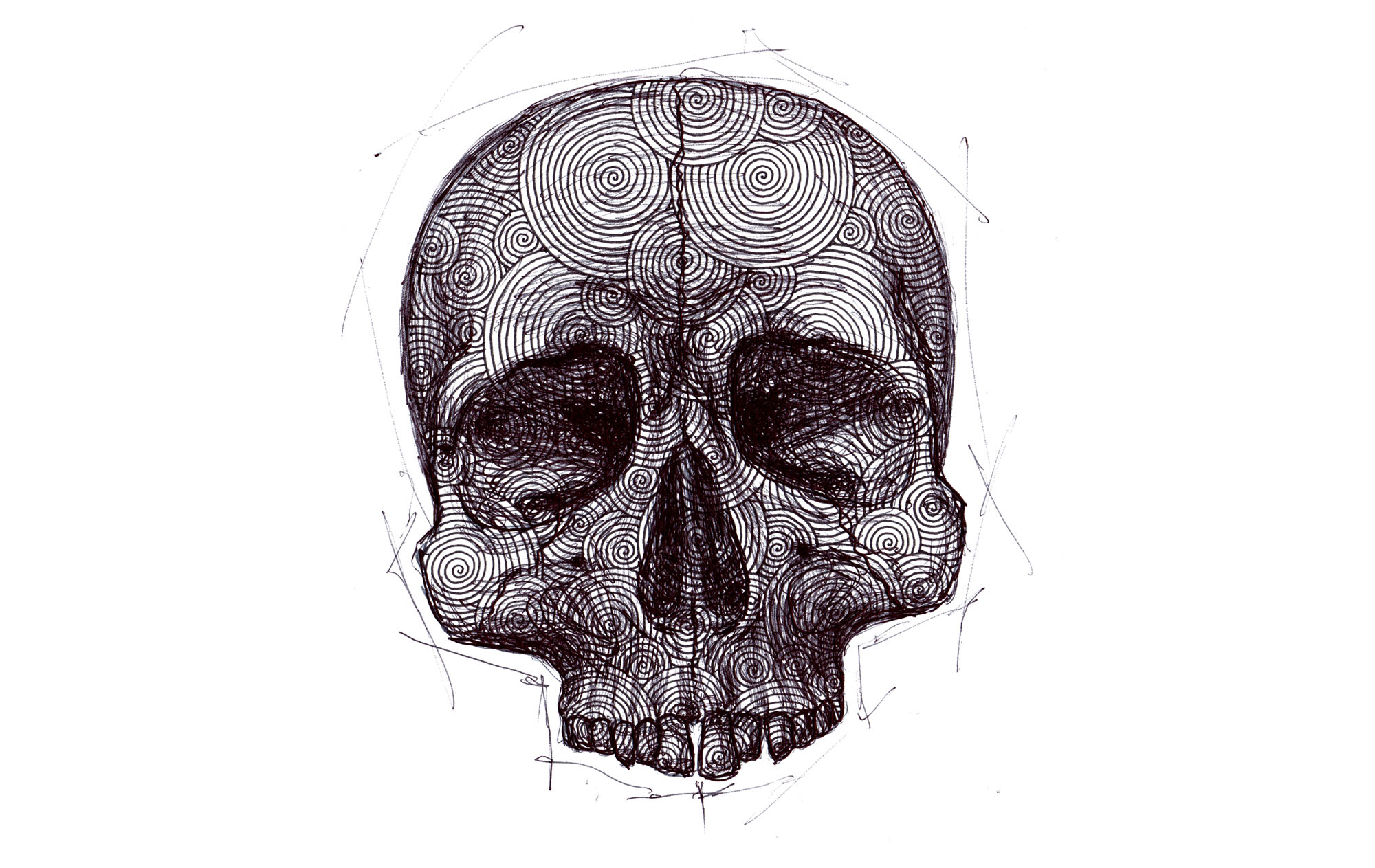
Anastasia Chernyavska | Bones
I – THE INSUFFICIENCY OF BEINGS
Men act in order to be. This must not be understood in the negative sense of conservation (conserving in order not to be thrown out of existence by death), but in the positive sense of a tragic and incessant combat for a satisfaction that is almost beyond reach. From incoherent agitation to crushing sleep, from chatter to turning inward, from overwhelming love to hardening hate, existence sometimes weakens and sometimes accomplishes “being”. And not only do states have a variable intensity, but different beings “are” unequally. A dog that runs and barks seems “to be” more than a mute and clinging sponge, the sponge more than the water in which it lives, an influential man more than a vacant passerby. In the first movement, where the force that the master has at his disposal puts the slave at his mercy, the master deprives the slave of a part of his being. Much later, in return, the “existence” of the master is impoverished to such an extent that it distances itself from the material elements of life. The slave enriches his being to the extent that he enslaves these elements by the work to which his impotence condemns him. The contradictory movements of degradation and growth attain, in the diffuse development of human existence, a bewildering complexity. The fundamental separation of men into masters and slaves is only the crossed threshold, the entry into the world of specialized functions where personal “existence” empties itself of its contents; a man is no longer anything but a part of being, and his life, engaged in the game of creation and destruction that goes beyond it, appears as a degraded particle lacking reality. The very fact of assuming that knowledge is a function throws the philosopher back into the world of petty inconsistencies and dissections of lifeless organs. Isolated as much from action as from the dreams that turn action away and echo it in the strange depths of animated life, he led astray the very being that he chose as the object of his uneasy comprehension. “Being” increases in the tumultuous agitation of a life that knows no limits; it wastes away and disappears if he who is at the same “being” and knowledge mutilates himself by reducing himself to knowledge. This deficiency can grow even greater if the object of knowledge is no longer being in general but a narrow domain, such as an organ, a mathematical question, a juridical form.
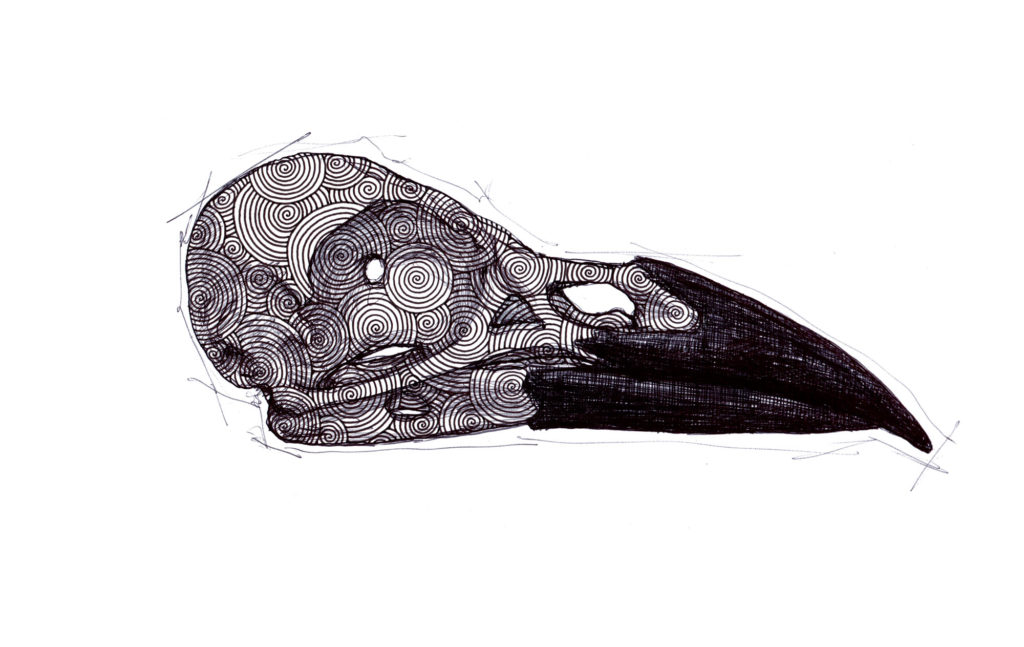
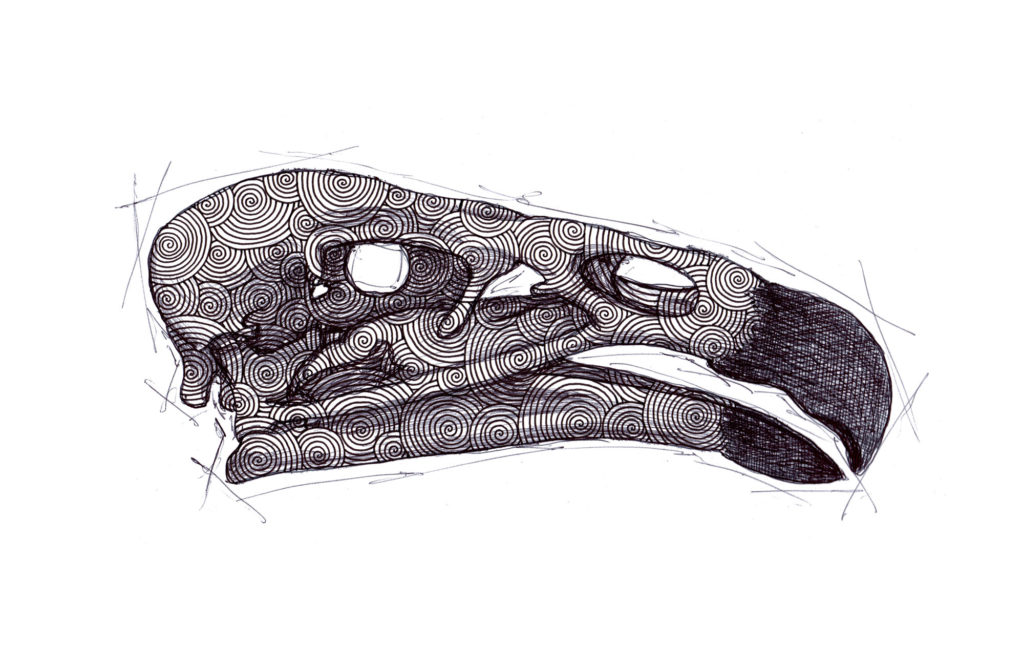
Action and dreams do not escape this poverty (each time they are confused with the totality of being), and, in the multicolored immensity of human lives, a limitless insufficiency is revealed; life, finding its endpoint in the happiness of a bugle blower or the snickering of a village chair-renter, is no longer the fulfillment of itself, but is its own ludicrous degradation – its fall is comparable to that of a king onto the floor. At the basis of human life there exists a principle of insufficiency. In isolation, each man sees the majority of others as incapable or unworthy of “being”. There is found, in all free and slanderous conversation, as an animating theme, the awareness of the vanity and the emptiness of our fellowmen; an apparent stagnant conversation betrays the blind and impotent flight of all life toward an indefinable summit. The sufficiency of each being is endlessly contested by every other. Even the look that expresses love and admiration comes to me as a doubt concerning my reality. A burst of laughter or the expression of repugance greets each gesture, each sentence or each oversight through which my profound insufficiency is betrayed – just as sobs would be the response to my sudden death, to a total and irremediable omission. This uneasiness on the part of everyone grows and reverberates, since at each detour, with a kind of nausea, men discover their solitude in empty night. The universal night in which everything finds itself – and soon loses itself – would appear to be the existence for nothing, without influence, equivalent to the absence of being, were it not for human nature that emerges within it to give a dramatic importance to being and life. But this absurd night manages to empty itself of “being” and meaning each time a man discovers within it human destiny, itself locked in turn in a comic impasse, like a hideous and discordant trumoet blast. That which, in me, demands that there be “being” in the world, “being” and not just the manifest insufficiency of human or nonhuman nature, necessarily projects (at one time or another and in reply to human chatter) divine sufficiency across space, like the reflection of an impotence, of a servilely accepted malady of being.
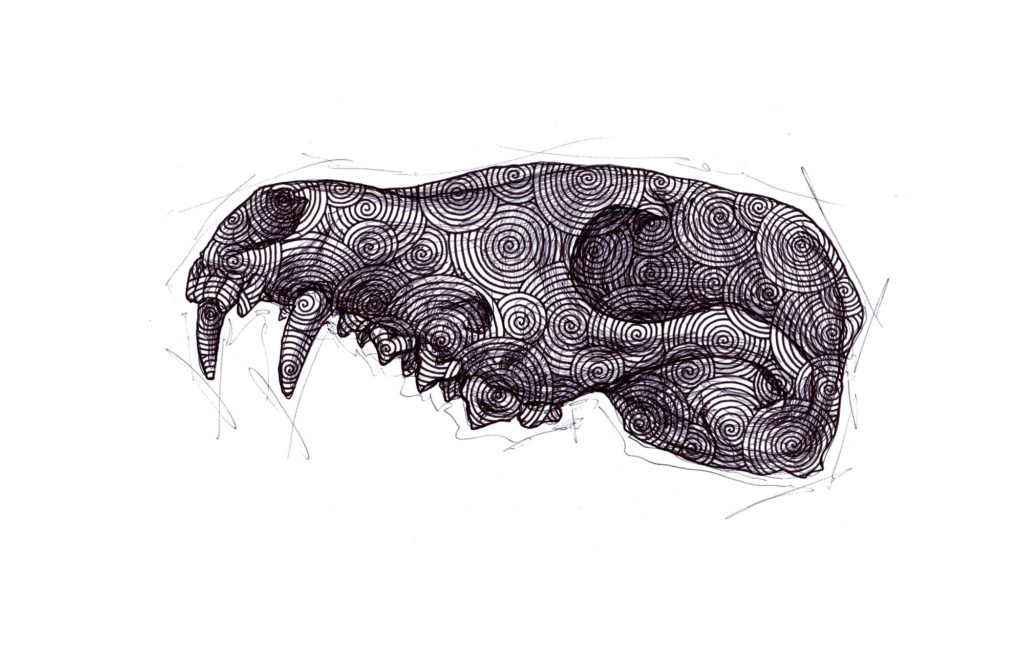
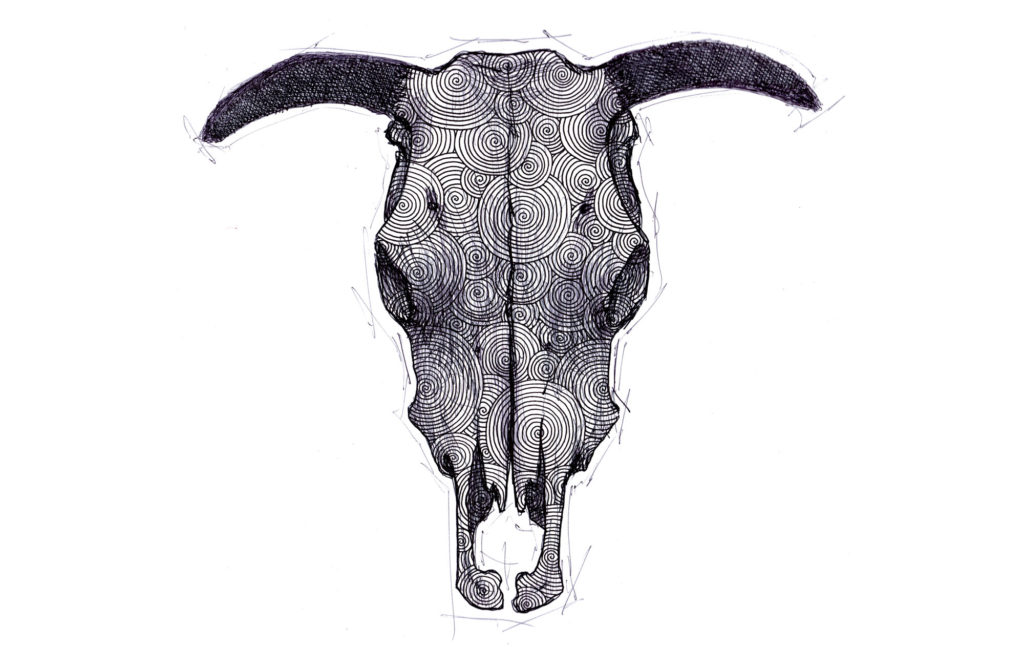
III – THE STRUCTURE OF THE LABYRINTH
Emerging out of an inconeivable void into the play of beings, as a lost satellite of two phantoms (one with a bristly beard, the other softer, her head decorated with a bun), it is in the father and mother who transcend him that the miniscule human being first encountered the illusion of sufficiency. In the complexity and entanglement of wholes, to which the human particle belongs, this satellite-like mode of existence never entirely disappears. A particular being not only acts as an element of a shapeless and structureless whole (a part of the world of unimportant “acquaintances” and chatter), but also as a peripheral element orbiting around a nucleus where being hardens. What the lost child had found in the self-assured existence of the all-powerful beings who took care of him is now sought by the abadoned man wherever knots and concentrations are formed throughout a vast incoherence. Each particular being delegates to the group of those situated at the centre of the multitudes the task of realizing the inherent totality of “being”. He is content to be a part of a total existence, which even in the simplestcases retains a diffuse character. Thus relatively stable wholes are produced, whose centre is a city, in its early form a corolla that encloses a double pistil of sovereign and god. In the case where many cities abdicate their central function in favour of a single city, an empire forms around a capital where sovereignity and the gods are concentrated; the gravitation around a centre then degrades the existence of peripheral cities, where the organs that constituted the totality of being wilt. By degrees, a more and more complex movement of group composition raises to the point of universality the human race, but it seems that universality, at the summit, causes all existence to explode and decomposes it with violence. The universal god destroys rather than supports the human aggregates that raise his ghost. He himself is only dead, whether a mythical delirium set him up to be adored as a cadaver covered with wounds, or whether through his very universality he becomes, more than any other, incapable of stopping the loss of being with the cracked partitions of ipseity.
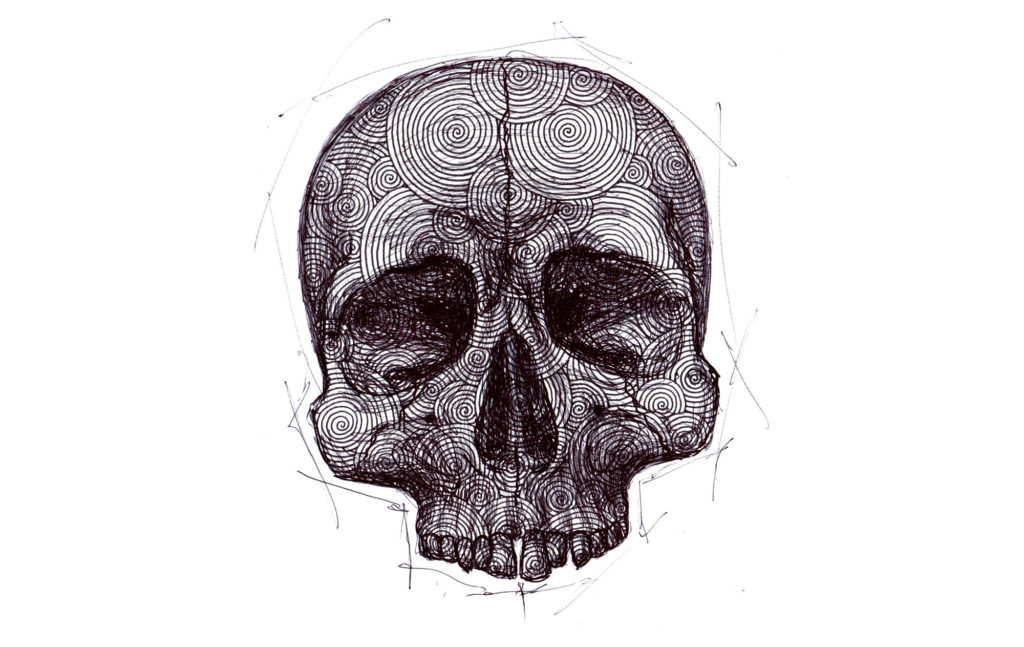
Excerpts by “The Labyrinth ” | George Bataille | 1930

